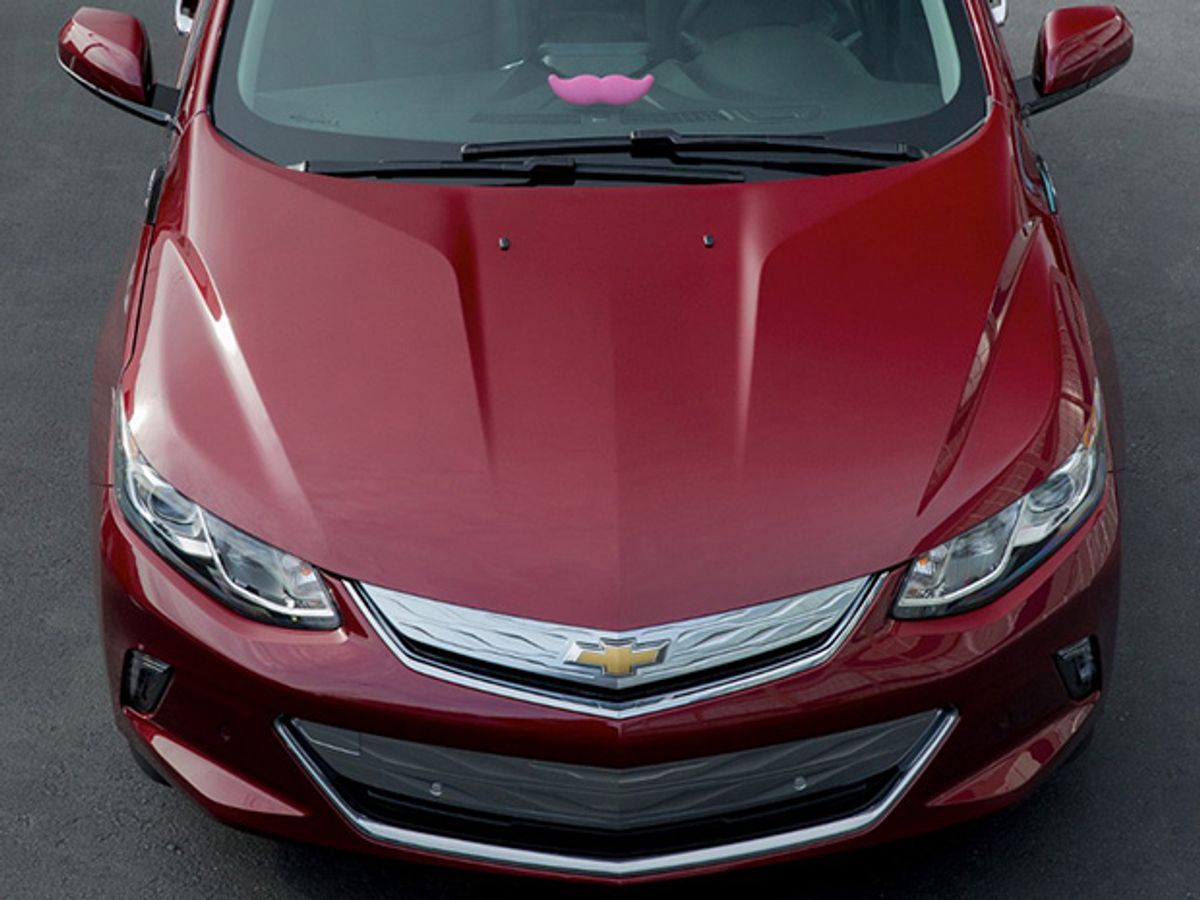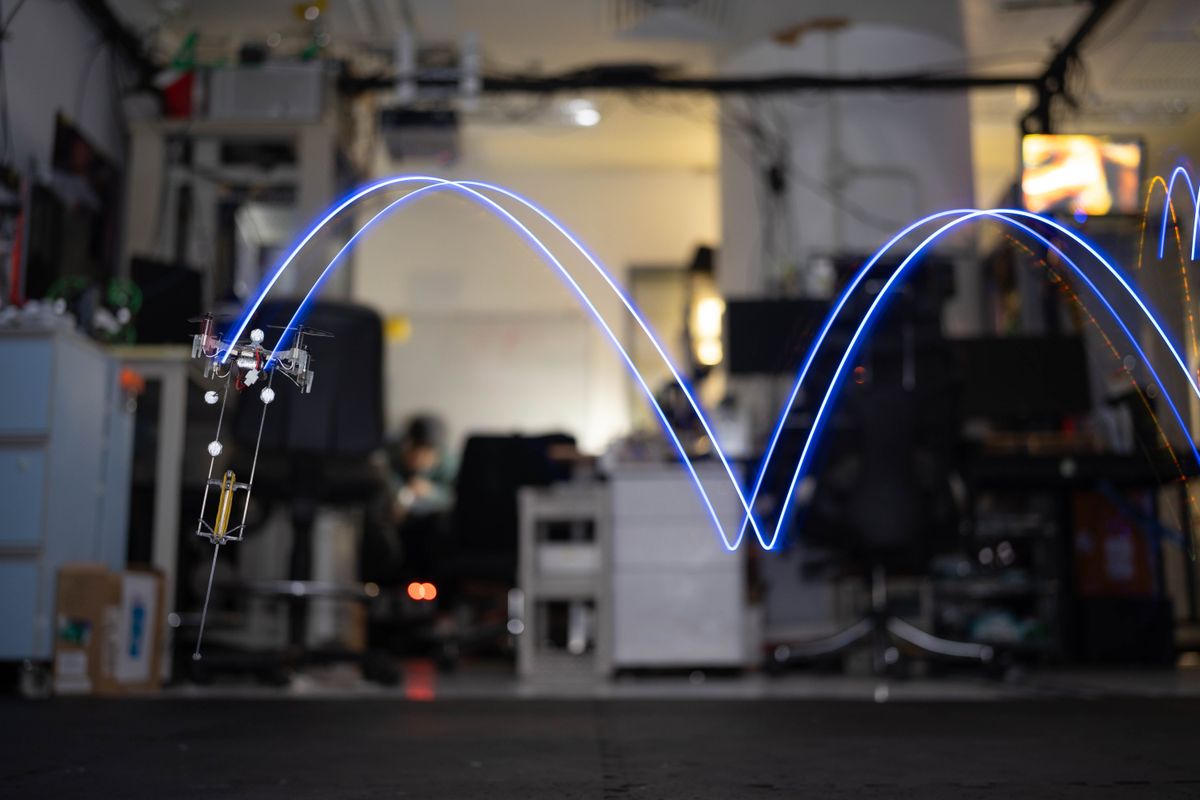Our self-driving car future may eventually include robot taxis developed by General Motors and operated by the ride-sharing service Lyft. The U.S. automaker has invested $500 million in a new partnership with Lyft intended to develop a network of on-demand autonomous vehicles without the need for human drivers.
The deal would immediately make GM a “preferred provider” of short-term use vehicles available for rent to today’s Lyft drivers. But the new partnership has also clearly set its sights on the long-term goal of developing a robotic version of current ride-sharing services such as Lyft and Uber. If robot taxis became a huge mainstream success, they could potentially reshape future cities by reducing the number of overall cars on the road and making more land available for uses beyond parking lots and garages.
“We see the future of personal mobility as connected, seamless and autonomous,” said Dan Ammann, president of GM, in a press release.
John Zimmer, president and co-founder of Lyft, also weighed in on the partnership with GM: “Together, we will build a better future by redefining traditional car ownership.”
The GM and Lyft partnership has plenty of competition from other companies that have nurtured similar self-driving car ambitions. Japanese automaker Nissan has perhaps the most aggressive development schedule of any company with plans to test prototype robot taxis within the next two years. But it’s not apparent whether Nissan’s robot taxis would directly compete with the envisioned GM and Lyft service operating in the United States.
Uber, a direct U.S. ride-sharing competitor for Lyft, has also pursued development of robot taxis to the extent of poaching many Carnegie Mellon researchers from the university’s robotics department. It has been pushing to become the first to test completely driverless cars in public.
Other car and tech companies have more amorphous plans for self-driving cars. Tech giant Google has been gathering talent to flesh out the business side of its self-driving car venture after testing prototypes on public roads. On the other side of the globe, Chinese search giant Baidu has tested its own self-driving vehicle prototypes in Beijing.
Automaker Toyota has invested heavily in autonomous car technologies with a planned $1 billion being spent on AI and robots at a Silicon Valley R&D center over five years. Similarly, Ford has been racing to staff up its own Silicon Valley research lab. Even Silicon Valley giant Apple has been hoovering up talent for its own mysterious self-driving car plans.
The winners of the self-driving car race and the effort to develop robot taxi services remain far from clear. But for now, drivers can expect a growing number of semi-autonomous vehicles and self-driving car prototypes to appear on public roads. Some drivers may even enjoy upgrades to the cars already sitting in their garages; Tesla Motors has been slowly rolling out software updates for its existing cars that make them increasingly autonomous.
Jeremy Hsu has been working as a science and technology journalist in New York City since 2008. He has written on subjects as diverse as supercomputing and wearable electronics for IEEE Spectrum. When he’s not trying to wrap his head around the latest quantum computing news for Spectrum, he also contributes to a variety of publications such as Scientific American, Discover, Popular Science, and others. He is a graduate of New York University’s Science, Health & Environmental Reporting Program.



